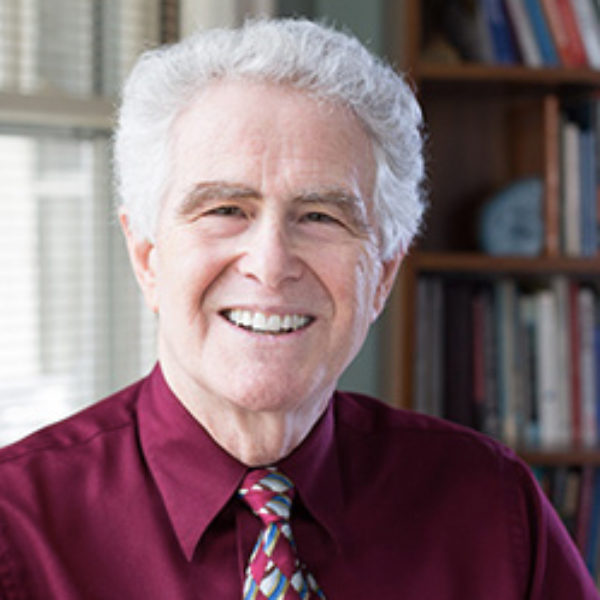
Image by Cia de Foto/Flickr, Attribution-NonCommercial-Sharealike.
Finding A New Tone for the Day of Atonement
The Jewish new year (Rosh Hashanah) began last week and with it, the Days of Awe, ending with the Day of Atonement (Yom Kippur). During these ten days Jews are urged to reflect on their life, to examine their actions of the past year, and to repent. It is said that this is the time when God decides who to inscribe in the Book of Life, who will live and who will die, who will have a good life and who will not for the coming year.
The Book of Life is written on Rosh Hashanah, but our introspection and actions during the Days of Awe can alter God’s decree before it is finalized on Yom Kippur. Through prayer, good deeds and teshuvah — which is usually translated as repentance, or turning away from sin toward God — our fate can be changed.
As a child, I often felt like “turning away” from Yom Kippur, a holiday I experienced as aversive and dread-full. The most off-putting factor wasn’t so much the 24-hour fast, or even the scratchy woolen suit I had to wear to services. Rather, what was so oppressive to me was what felt like an interminable day of reflection, one that that invited me to wallow in feeling ashamed of my imperfections and inadequacies.
There is one prayer in which each individual beats his or her breast while confessing to an alphabet soup of sinful actions during the past year. I dreaded Yom Kippur because I understood it to be an opportunity to focus primarily, if not solely, on my shortcomings.

Over time I have developed a different understanding, prompted in part by an experience I had in Liberia, while teaching about dialogue. A workshop participant commented that what he really appreciated about our approach was that it encouraged “confession.” Taken aback and puzzled by how dialogue could involve confession, I inquired about the meaning of his comment. He responded:
“Dialogue encourages me to look deep into my heart, to have the courage to speak about what is most meaningful and important to me.”
When I heard this lovely explanation, it began to make a lot more sense. In teaching about dialogue, we often talk about the opportunity to learn and better understand what is important to others; equally valuable is the opportunity to reflect deeply on our own experience, values, and beliefs. So, for my Liberian friend, “confession” meant the opportunity to slow down, to examine and give voice to what was deep in his heart.
This understanding brings me a different and much deeper appreciation of the value of Yom Kippur. I see it as an opportunity to slow down and to reflect, to have the courage to review my actions of the past year and to think about what kind of person I want to be in the coming year. I have also found a gentler approach to the concept of “sin” within the Jewish tradition. What I saw as only an opportunity for self-castigation, I now recognize as a time to reflect on where I have fallen short of the commitments to how I want to conduct my life. Rather than a rehearsal of my innate failings, Yom Kippur becomes an opportunity for course correction, for acknowledging where and when I have not lived out my commitments and to rededicate myself to doing better the next year.
I have also deepened my appreciation for the distinction between sins against God and sins against another person. When one has broken a commandment against God, it suffices to acknowledge the wrong, repent, and commit to not repeating the sin. When one has sinned against another person, however, reconciliation is called for, and it is incumbent upon to the individual to approach the other person, acknowledge what was done, and request forgiveness.
If the other person is not willing to forgive us, we are taught that we must ask again and even a third time, if necessary. If we have spoken from the heart and been refused three times, the sin is counted as forgiven. This primary focus on repairing the relationship, even though it may entail a difficult conversation, resonates with me. To only acknowledge in my mind what I have done, without attempting to heal the relationship and directly address my behavior with the other person, would feel inadequate.
So I’m pleased to have found a way to transform my understanding of Yom Kippur into an opportunity for “confession,” reflection, healing, and turning back to the ideals that I have chosen to guide my life. Even though it means that I may have some difficult conversations ahead of me.
